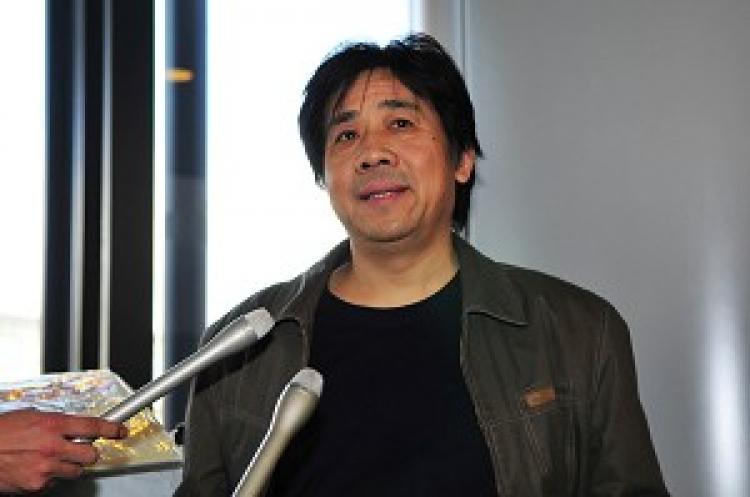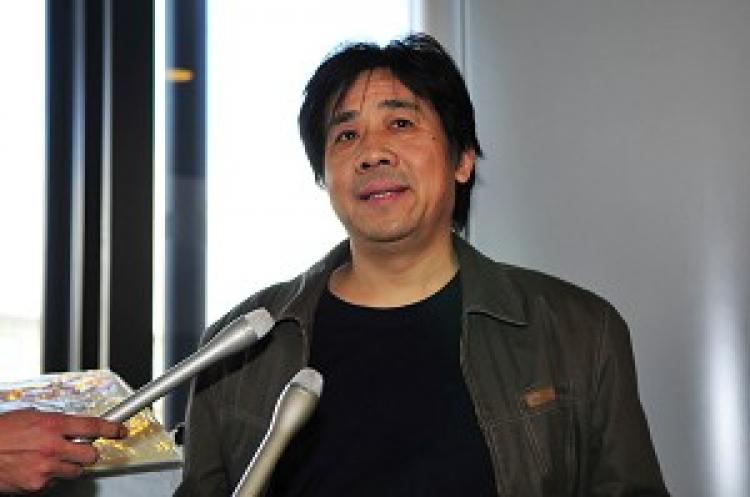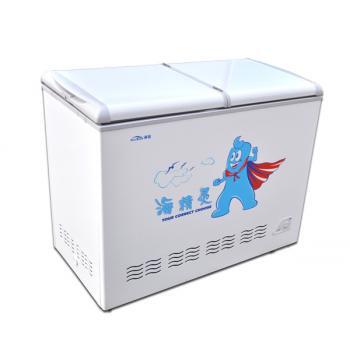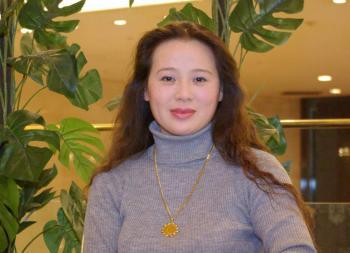Beijing’s Hand in ANA’s Response to Feng Zhenghu
Feng Zhenghu has been eagerly awaiting the opportunity to return to China for the Chinese New Year.
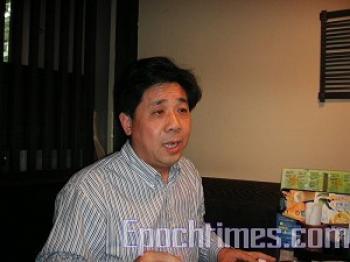
Human rights activist Feng Zhenghu in an interview with Epoch Times reporter. Zhang Benzhen/The Epoch Times
|Updated:
